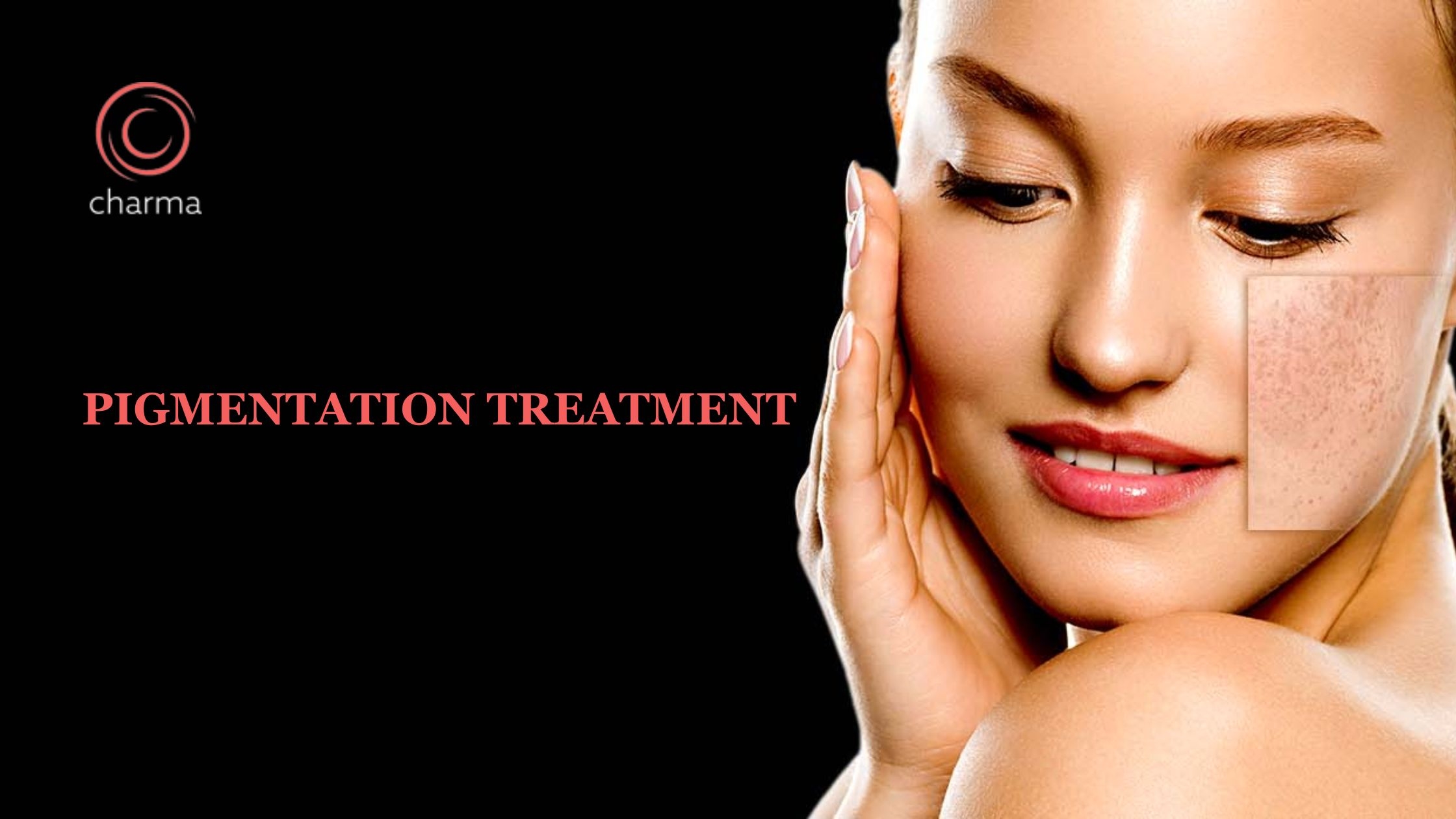Demystifying Hyperpigmentation: Types, Triggers, and Treatment Options

All those who dream of radiant, flawless and glowy skin can take up their chances because their dream can become a reality. Yes, you heard right! Gone are those days when you have to get stressed and live in a nutshell to worry about your skin tone. Now, due to medical advancements and various treatments, you can get rid of hyperpigmentation. You only have to make certain lifestyle changes and consult a dermatologist. However, to make you aware of hyperpigmentation, we are back with this blog after being in conversation with Dr. Rajdeep Mysore, who is known as the best skin specialist in Bangalore. So, let’s start by shedding more light on hyperpigmentation.
What Is Hyperpigmentation?
Hyperpigmentation is a common skin condition where certain areas of the skin become darker than the surrounding skin. It can be due to the excess production of melanin pigment, which gives our skin its colour.
Types of Hyperpigmentation
There can be several types of hyperpigmentation. However, the common ones are:
-
Melasma: Melasma results from hormonal changes and may develop during pregnancy. You can get hyperpigmentation on any body area, but it most commonly appears on the stomach and face.
-
Sunspots: These sunspots commonly affect you, also called liver spots or solar lentigines. They are typically related to excess sun exposure over time and appear as spots on areas exposed to the sun, like your hands and face.
-
Post-inflammatory Hyperpigmentation: It occurs due to injury or inflammation of the skin. The most common cause of this type of hyperpigmentation is acne.
-
Albinism: In this, the person has a missing or patchy skin colour, no colour, or is lighter than the surrounding normal skin colour. Due to albinism, you can notice changes in the skin, hair, and eye colour.
-
Pityriasis Alba: In this, your skin loses its original colour in patches. It usually begins with the appearance of scaly, slighted red-coloured skin lesions that are oval or round-shaped. These later fade away and develop into light-coloured skin patches.
-
Idiopathic Guttate Hypomelanosis: This condition affects those body parts exposed to the sun, like your arms.
Symptoms and Risk Factors of Hyperpigmentation
The darkened areas on your skin can be the main symptom of hyperpigmentation. These patches can vary in size and be seen anywhere on the body. The biggest risk factors for general hyperpigmentation can be sun exposure and inflammation. These situations can increase melanin production; the greater your exposure to the sun, the greater your risk of increased skin pigmentation.
Depending on the type of hyperpigmentation, other risk factors of hyperpigmentation may include:
-
Medications which increase your sensitivity to sunlight
-
Dark skin type, which is more prone to pigmentation
-
Trauma to your skin like wound or superficial burn injury
-
Oral contraceptive use or pregnancy
Triggers of Hyperpigmentation
Various factors can trigger hyperpigmentation; some of the common ones are:
-
Sun exposure
-
Hormonal changes
-
Genetics
-
Inflammation and skin trauma
-
Medications
-
Ageing
-
Skin conditions
-
Skin tone
How Hyperpigmentation Is Diagnosed?
A dermatologist can identify the type of cause of hyperpigmentation by:
-
Asking questions about your medical history
-
Examining your skin condition
-
Asking about sun exposure and other lifestyle habits
What Steps Should Be Taken For Prevention?
Here are some strategies you can follow to prevent pigmentation, and they are:
-
For sun protection, apply SPF 30 or higher daily
-
Wear full sleeves clothes to avoid tanning
-
Be gentle with your skin
-
Do not pick at the skin after an injury or when there are spots, scabs or acne.
-
Manage hormonal changes
-
Protect your skin during healing
-
Stay hydrated
-
Eat a balanced diet
-
Manage stress
-
Use skin-lightening products
Skin Pigmentation Treatment
Medical treatment available for skin pigmentation treatment are:
-
Chemical Peel: They effectively target skin pigmentation, with the help of exfoliating acids, to reveal a brighter, more even complexion over time.
-
Microneedling: It boosts collagen and enhances product absorption, effectively addressing skin pigmentation issues.
-
Laser Toning: Laser toning treats skin pigmentation by targeting melanin to give you a more even complexion with minimal downtime.
-
Medifacial or medical facial: They effectively target skin pigmentation issues, promoting a brighter and more uniform complexion.
-
Intense-pulsed light (IPL) therapy: IPL therapy uses light pulses to target excess melanin. It effectively reduces pigmentation issues like sun spots and melasma.
-
Mesotherapy: It treats skin pigmentation by injecting customized nutrients directly to promote rejuvenation for a balanced, radiant complexion.
-
Microdermabrasion: It reduces pigmentation by exfoliating the skin, resulting in a smoother skin tone.
Final Words
Hyperpigmentation is not generally harmful and may not indicate a serious medical condition. In some cases, dark areas of skin may fade away on their own, but in others, you may require regressive treatments and consultation with a dermatologist.
You can consult Dr. Rajdeep Mysore at Charma Clinic to correct your uneven skin tone. With over 15 years of experience and an outstanding record of success, he is renowned as the top dermatologist for Hair Loss Treatment In Bangalore. So, what are you waiting for? Book your consultation with him by visiting Charma Clinic today!
- Industry
- Art
- Causes
- Crafts
- Dance
- Drinks
- Film
- Fitness
- Food
- Oyunlar
- Gardening
- Health
- Home
- Literature
- Music
- Networking
- Other
- Party
- Religion
- Shopping
- Sports
- Theater
- Wellness
- News


